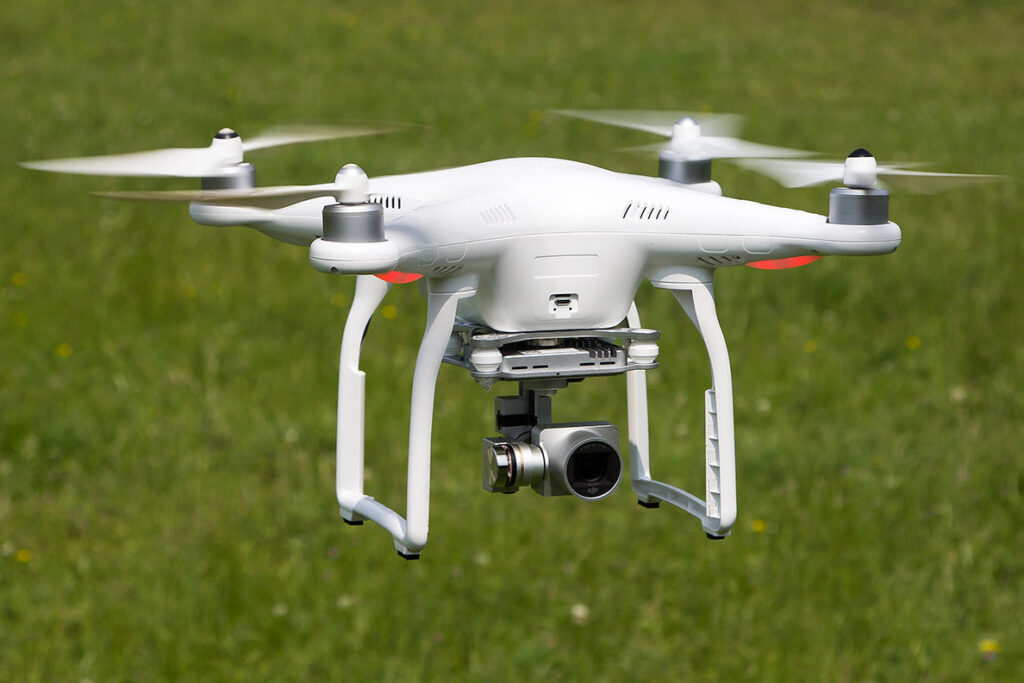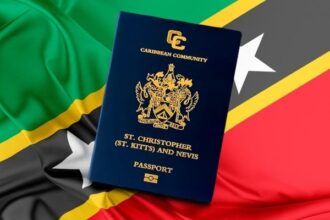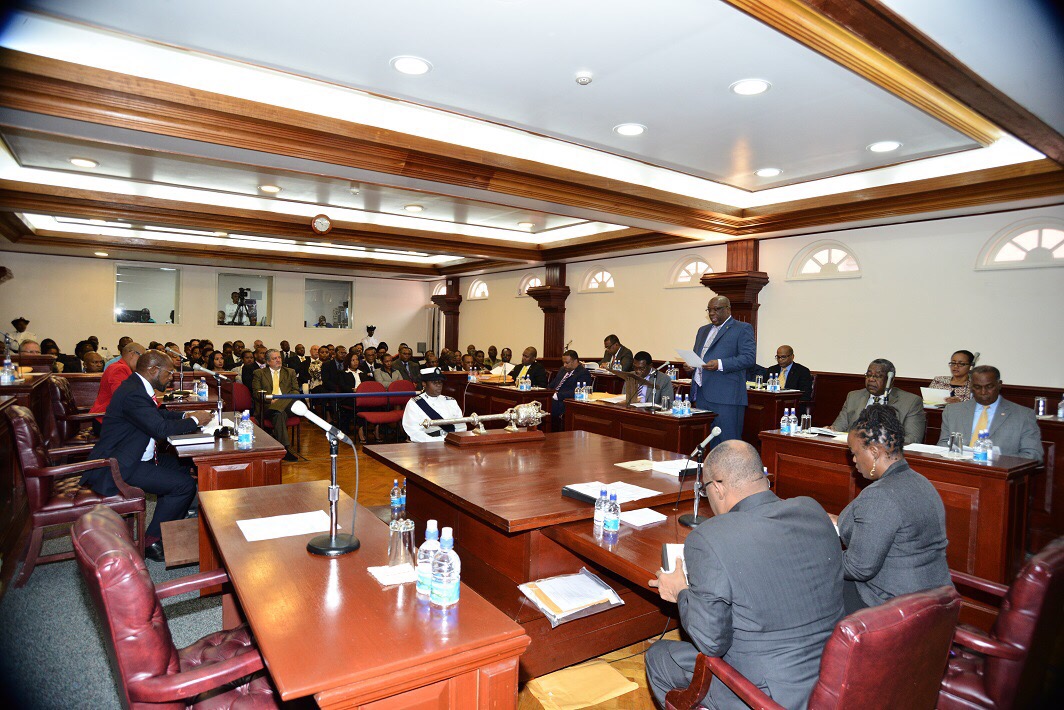
The Civil Aviation Division wishes to advise the general public that all drones or similar devices must be declared to, and registered with the Customs and Excise Department upon importation into the Federation.
In keeping with the International Civil Aviation Organization (ICAO) Convention Doc 7300 Article 8 and Saint Christopher and Nevis Civil Aviation (Flight Safety) Regulations No.6 of 2014, all drone operators and owners must seek and obtain permission for the flying or operation of drones from the St Christopher Air and Sea Ports Authority (SCASPA) and the Nevis Air and Sea Ports Authority (NASPA), as appropriate, as a result of safety and security concerns within the Federation.
The following guidelines are to be followed once permission is granted.
The light unmanned aircraft is to be flown or operated within the line of sight of the human operator at a maximum range of 200 meters ,less than 400 feet above the ground, and during daylight conditions, among other provisions.
The aircraft is also prohibited from:
1) operating within five (5) kilometres from the Seaports (e.g. Port Zante cruise terminal, Long Point Port, cargo ports, marinas ,gas bulk areas) and airport approach and departure or take off paths both in Saint Christopher and Nevis;
2) operating higher than 152.4 meters (500 feet) above the ground;
3) operating closer than 152.4 meters (500 feet) laterally from vehicles or an open-air assembly of people;
4) operating in populated areas including over highways, beaches, stadiums, sporting events or festivities without prior permission;
5) operating within or over restricted or prohibited areas including the Eastern Caribbean Central Bank, Banks, Military bases, police stations (fixed or mobile) ,prisons, official residences, government buildings, residential areas etc;
6) operating at night or in low visibility conditions without prior permission;
7) deploying or dropping unauthorized objects or articles from the aircraft /device/unit to the ground while operating in controlled airspace.
Once permission is granted the operator must adhere to or comply with all instructions given by SCASPA or NASPA as the case might be, in the interest of safety and security.
All concerned are kindly asked to govern themselves accordingly.
Disclaimer: This article was posted in its entirety as received by SKN PULSE. This media house does not correct any spelling or grammatical errors within press releases and or commentaries. The views contained within are not necessarily those of SKN PULSE.









